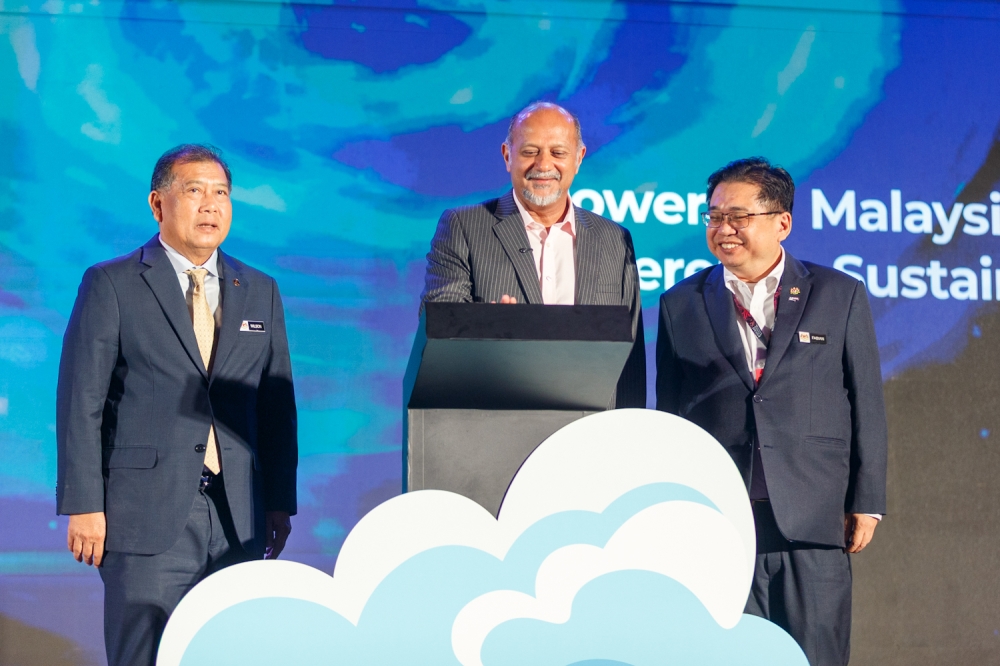KUALA LUMPUR, Aug 13 — The government today launched the National Cloud Computing Policy (NCCP), which Digital Minister Gobind Singh Deo said will be a key enabler to transform how Malaysia works, lives and delivers public services.
Speaking at the launch, Gobind said the NCCP is not just a technology blueprint, but a living national framework to harness cloud computing across all sectors.
“This is something more than just a conversation. My ministry looks at it as an enabler. If you are able to put all of these blocks together, then we will see the country transformed into a nation that invites all its people to partake in this journey of digital transformation,” he said in his speech here.
The NCCP places cloud computing at the heart of public service reform, enabling government agencies to store and process data on secure, shared platforms instead of in isolated systems.
This would allow ministries, councils and emergency services to work off the same real-time information, from renewing passports online to dispatching ambulances faster.
Gobind illustrated how cloud-powered smart cities could transform daily life, saying the technology could change how Malaysia responds to emergencies, manages infrastructure, and delivers services.
“Imagine a country where we have autonomous vehicles, where surveillance systems can show you how cars travel on the roads and, if there’s an incident, you can in real time visualise what has happened,” he said.
Gobind said cloud-powered systems could access nearby camera footage to quickly determine fault in an incident and decide whether to dispatch police or an ambulance, with smart ambulances providing preliminary treatment en route so the right doctors are ready on arrival.
He said the same system could help manage traffic, identify accident-prone areas, and prevent floods using sensors to detect rising water levels.
“If we can send people to look at it beforehand, we can fix the problem before there is a flood. It’s the same with security, the cameras can alert police to areas with higher criminal activity so we can act immediately,” he said.
Gobind also highlighted cloud-powered healthcare, where encrypted electronic health records could be shared between rural clinics and urban hospitals for faster, more accurate treatment.
The NCCP sets five core goals: positioning Malaysia as a leading regional cloud and digital hub by 2030; enhancing public sector efficiency; boosting private sector innovation and competitiveness; enabling a digitally inclusive society; and promoting environmentally sustainable cloud practices.
Under the policy, government agencies will adopt a “cloud-first” approach, with centralised cloud infrastructure, citizen-centric digital services and transparent procurement processes.
The private sector will benefit from incentives, support for local cloud providers, sovereign cloud infrastructure, and a certification framework for cloud service providers to meet national security and privacy benchmarks.
The NCCP also includes measures to strengthen data sovereignty by ensuring critical data is stored in Malaysia, while allowing cross-border transfers only under strict safeguards.
Malaysia has already approved RM114.7 billion in data centre and cloud investments between 2021 and 2023, with global players such as AWS, Microsoft, Google and Oracle committing more than USD16.5 billion to local infrastructure.






